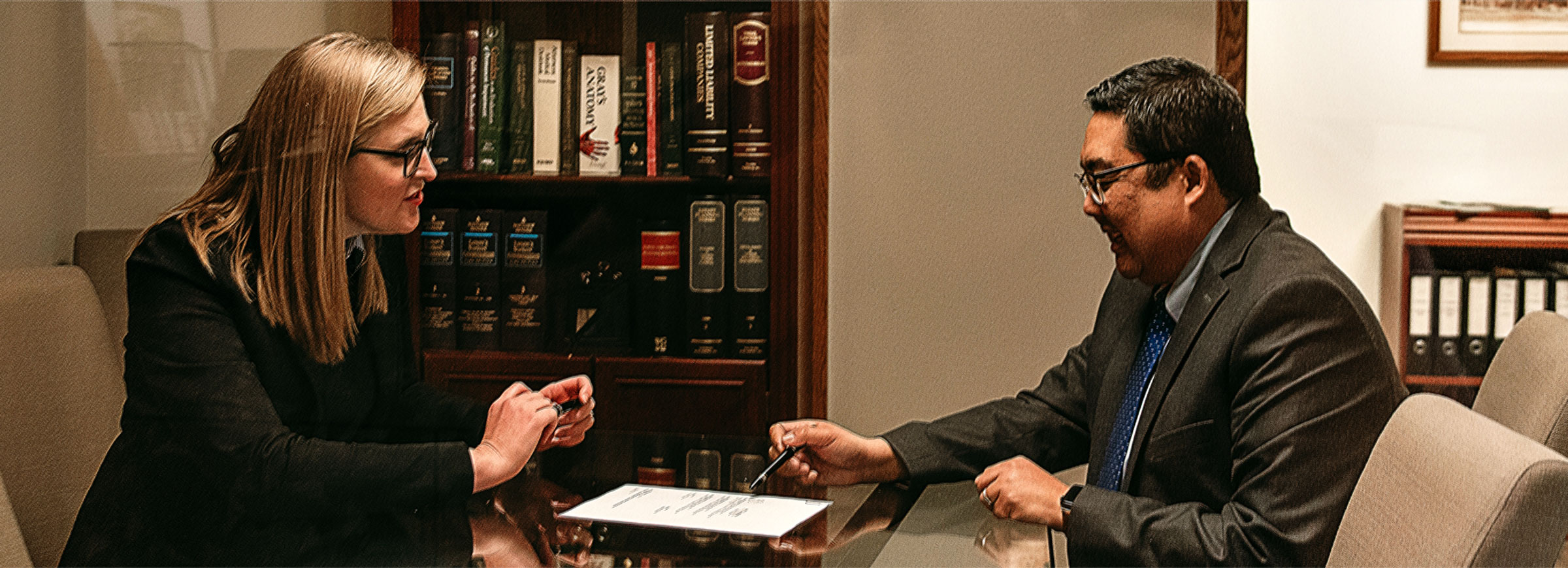Many people believe that estate planning is only for people who are particularly wealthy, have elaborate schemes in mind for passing their money to their heirs, or for people who are acutely ill and contemplating their death. This could not be farther from the truth.
Estate planning is for every husband, wife, mother, father, grandparent, business owner, professional, or anyone else who has someone they care about, are concerned about providing responsibly for their own well being and for the well being of those they love, and for anyone who seeks to make a difference in the lives of others after they’re gone.
Estate planning is not ‘death planning’; it’s ‘life planning’, and an essential and rewarding process for individuals and families who engage in it.
Estate planning requires that a highly trained individual to lead you through one or more in-depth meetings to uncover your hopes, fears, and expectations for yourself and for those who are most important to you. This process almost always requires the preparation of several sophisticated legal documents, but those documents themselves are not ‘estate planning.’ Planning is a process, represented by a complete strategy that is properly documented and maintained by a professional who has taken the time to get to know you, and who is committed to continuing to serve you.
AREAS OF ESTATE PLANNING:
- Estates, Wills, Trusts, Powers of Attorney, Conservatorships
- Probating Estates
- Creating a Last Will and Testament
- Living or Irrevocable Trusts
- Powers of Attorney and Durable Power of Attorney
- Conservatorships and Guardianships
We are here to help! Schedule a free consultation to see how KLG can help your estate planning needs. Tell us your story.
Yes! Your car, personal property, house and bank account are things that need to be accounted for in an estate plan. What’s more, things like health care directives, power of attorney and guardianship of your children after you die should be considered as soon as possible. It is important that everyone have an estate plan.
A comprehensive estate plan will consist of the Three Pillars of Estate Planning:
- Will or Trust – these documents dispose of your assets upon your death
- Power of Attorney For Healthcare Decisions
- Power of Attorney for Financial Decisions
A trust is a more flexible document, and it allows you easier control of the transfer of assets, addition or deletion or change of beneficiaries or change of other amendments while you are alive. A will is more difficult than a trust to amend. Wills and probate will also transfer title at death, but trusts do so more easily and privately. I will work with you to determine which is right for you.
Unfortunately, there is no such thing as a “simple will.” Each person’s situation is different because each person’s family and financial situation are different. One person might need to ensure that all of her children from two separate marriages receive property upon her death. Another person might need to decide who should be the guardian for his minor or disabled children.
Many people think that a will is not necessary if everything is owned jointly. When property is owned jointly with another person, upon the death of one owner, it passes automatically to the survivor outside of the probate process and regardless of whether or not you have a will. The problem is that once one joint owner dies, the assets, in most cases are owned by a single individual and should be disposed of in that person’s will. Otherwise, the property may pass to unintended beneficiaries.

